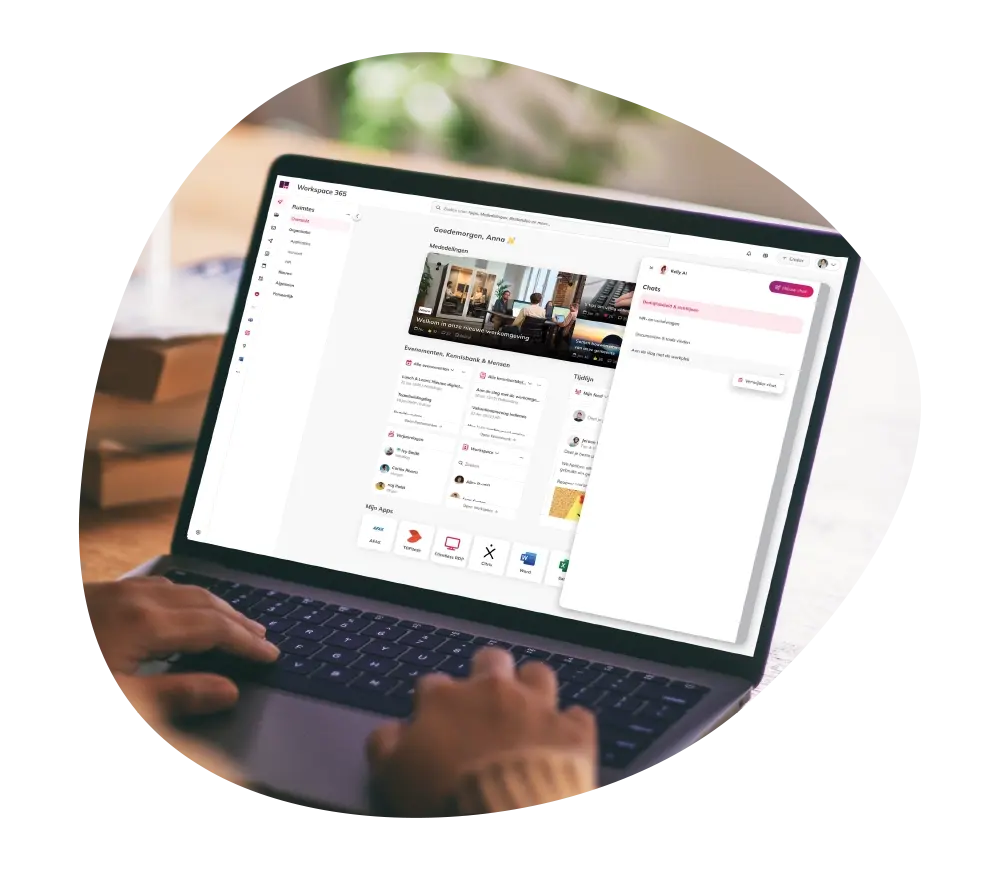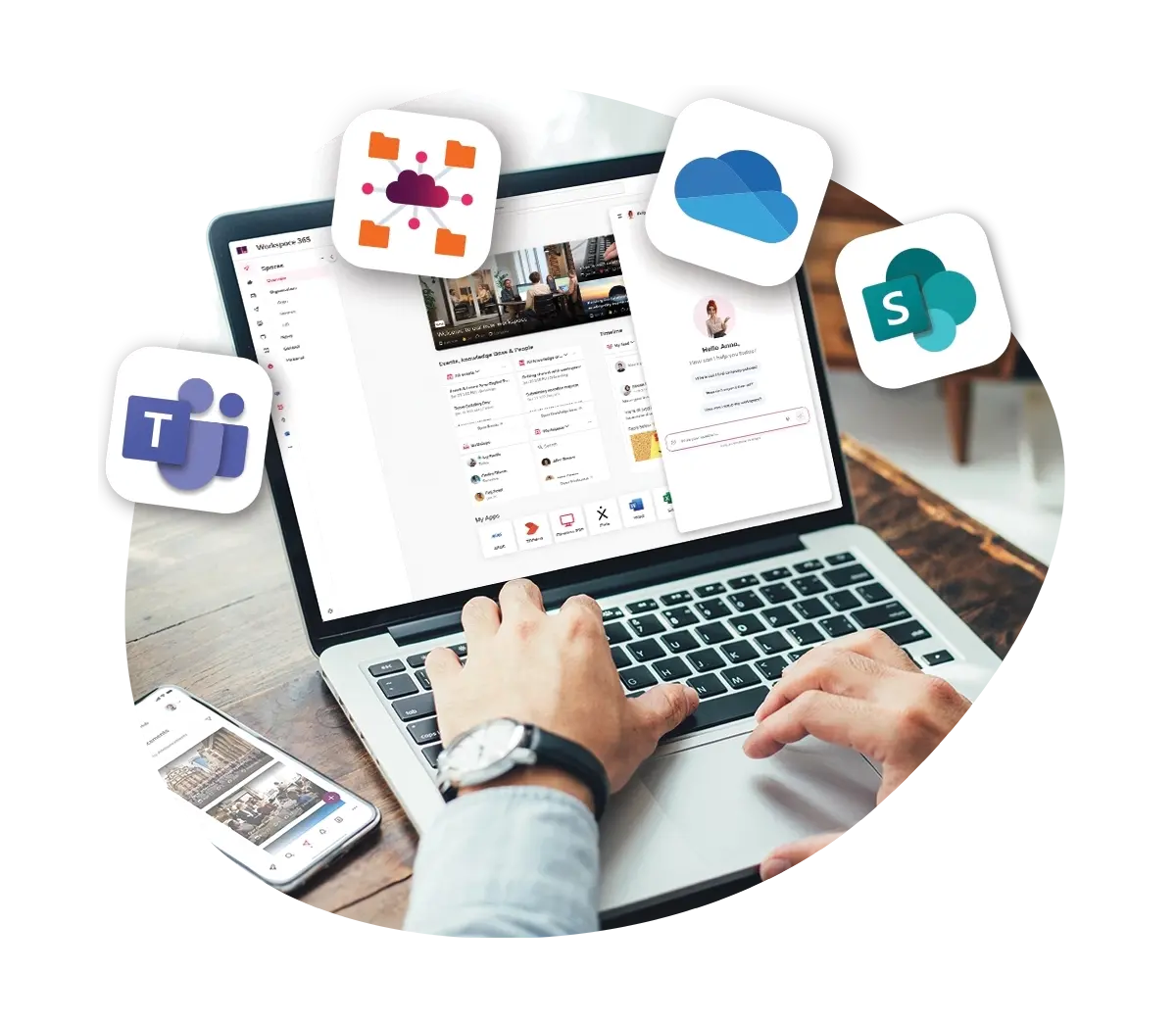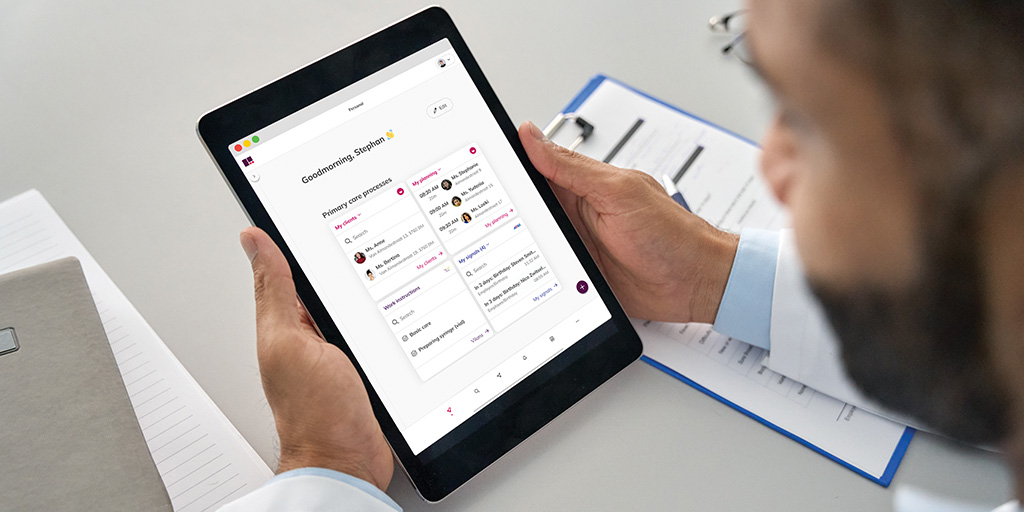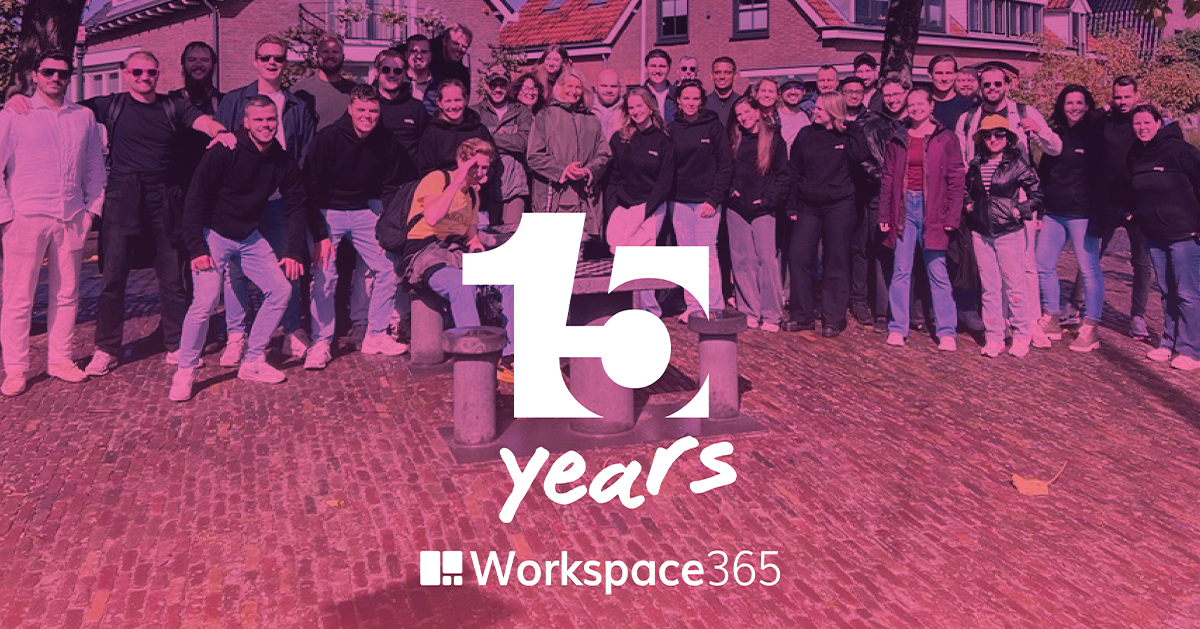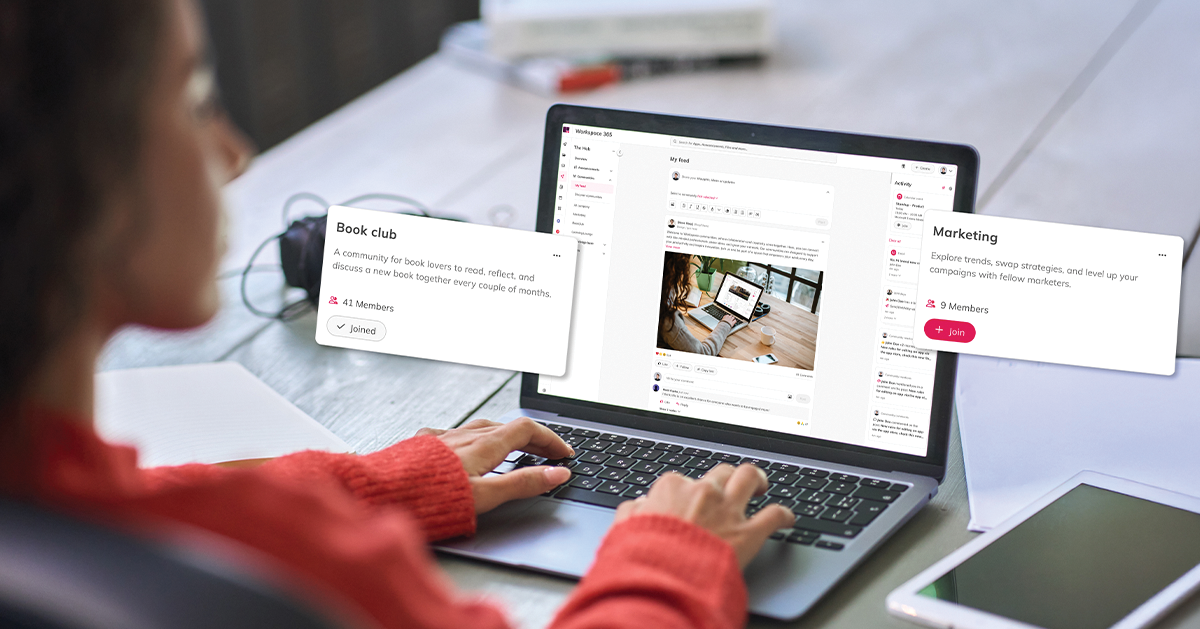Dutch healthcare workers spend a shocking 40% of their time on administrative tasks. It is unanimously agreed that this valuable time could - and should - be spent on patient care. Many healthcare workers have expressed that they, perhaps unsurprisingly, are losing job satisfaction as a result.
Despite bureaucratic regulations being the primary cause of administrative pressure, the continued use of legacy systems and analog methods for filing and sharing patient information significantly contribute to the problem. Although there has been a gradual increase in the adoption of more efficient information exchanges and IT infrastructures, it has been a slow process. In July 2023, the Netherlands passed a law to promote digital information exchange in the healthcare sector, which is a positive step forward. However, considering that the country is recognised as the 7th most innovative globally according to the Global Innovation Index, it appears that the necessary changes are taking longer than expected.
Saving valuable time
In the meantime, there are opportunities to enhance the healthcare sector beyond regulatory measures. IT suppliers such as Workspace 365 can assist healthcare workers in reclaiming valuable time during their daily tasks, even when using outdated systems. This is where agnostic software can make a huge difference.
The benefit of being agnostic in software lies in its ability to integrate and work seamlessly with various applications, platforms, and technologies. Agnostic software is not bound to a specific technology or vendor, allowing for flexibility, adaptability, and the incorporation of diverse tools. This ensures a unified and user-friendly experience, scalability, and the ability to evolve with changing technology landscapes, ultimately promoting efficiency, cost-effectiveness, and a more tailored user experience. In short: simplifying the workplace for healthcare workers through agnostic software can significantly impact key performance indicators (KPIs) such as time to care, average patient wait time, and average claim processing time. This is how.
Quick access to information ensures happier patients
Agnostic software centralises data and tools, reducing the time spent navigating multiple platforms. This quick access to patient records, treatment plans, and administrative tools directly decreases the time taken to gather crucial information. Beyond quick access, there is personalisation. When only relevant (parts) of tools or programmes are presented to you in your digital workplace, it becomes even faster to navigate. A nurse needs to fill in patient details, but is unlikely to deal with accounting software. So why clutter the nurse’s interface with it? Quicker access to information and streamlined processes translates to reduced patient wait times. Agnostic software enables healthcare workers to deliver more personalised care promptly, improving overall patient satisfaction.
Enhanced collaboration and communication
Unified platforms enable seamless communication among healthcare teams, allowing for quicker consultations and decision-making. Especially in a time where critical patient information exchanges between hospitals and specialists are now largely happening digitally. Regardless of existing systems, which are oftentimes still outdated in the healthcare industry, agnostic software ensures compatibility across devices. This fosters efficient collaboration and communication.
Compliance and security
In healthcare ensuring patient confidentiality is absolutely critical. Earlier this year the Autoriteit Persoonsgegevens reported that 41% of data breaches in the Netherlands occur in the healthcare sector, making it the most hacked sector in the country. Despite hospitals’ increased efforts to scale up cybersecurity and employee training, the healthcare industry still too often remains a victim of cybercrime. Agnostic software can help here. When employees exclusively use tools they need and access information that is relevant to them, data breaches are far less likely to occur. It is human error, such as accidental log ons on less familiar platforms, that cause most of the data breaches. Simplifying how information is accessed not only lowers the risk of data breaches from human errors, like unintentional logins to unfamiliar platforms, but also strengthens security considerably. This is achieved through the implementation of robust security measures and adherence to industry standards.
Conclusion
Simplifying the digital workplace with agnostic software is particularly vital for healthcare workers, enabling them to significantly influence time-sensitive KPIs. This, in turn, results in more efficient operations, enhanced patient care, and an overall improved healthcare experience. Additionally, a streamlined digital workplace can foster better collaboration among healthcare professionals, facilitate quicker decision-making processes, and contribute to a more agile response to evolving medical scenarios. This adaptability is crucial in healthcare settings where rapid, informed actions can make a substantial difference in patient outcomes.

